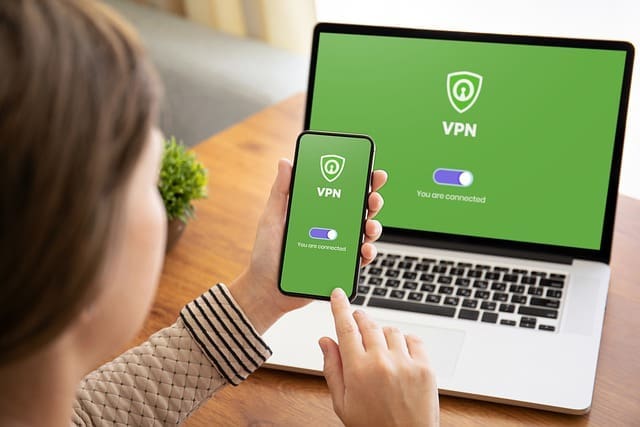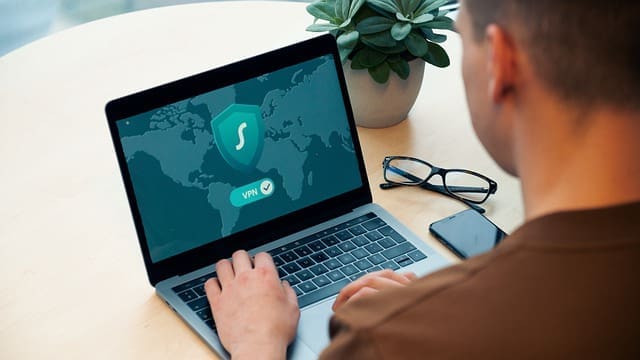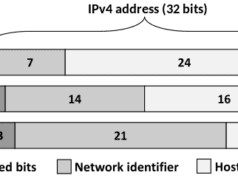Government censorship, differentiation of services such as entertainment by platforms like Netflix where some programs are censored in some locations, globalization, the rise of virtual offices, and an increase in cybercrime are the main drivers of adopting VPN solutions.
A Virtual Private Network is a mechanism that allows private computers to connect to a public network with enhanced privacy. Since security is a primary concern for internet users due to the immense value of data and information shared between computers, the VPN masks your Internet Protocol (IP) address from third parties and your internet service provider (ISP). Learn more about this simple yet functional solution.
A VPN offers Online Anonymity
Computers by themselves can only access data by connecting to the world wide web. To access these files, you need the ISP to facilitate the access. The connectivity can be done through:
- Data cables
- Digital Line Subscriber (DSL)
- Dial-Up connection
Based on your subscription, your ISP will offer connectivity based on a bandwidth parameter such as the data upload and download speed, popularly referred to as the internet speed.
When you search on your browser, your ISP directs and controls the traffic between your computers and the website’s servers that you need to access. The traffic is bookmarked against your IP, which is your online identity. Over time, a log of your online traffic builds up, and your ISP can sell the data to marketers who use it to predict your browsing behavior for targeted ads. Additionally, the websites that you connect to via your browser can see your IP address. That’s why some platforms like Alibaba and Amazon can suggest that you buy what other online users prefer, which could invade your privacy.
How Does a VPN Work
When you browse online as a VPN client, your VPN server routes the traffic and encrypts it before forwarding the request to the website’s servers that you want to access. This is done where the VPN creates a random IP address that will be relayed to the servers of the ISP and website. Logically, the ISP is supposed to server the connection since the new IP address may not be allowed access. However, your computer is already connected to the ISP servers, and access cannot be curtailed.
The encryption process achieves the following:
- Masking the IP address
- Hiding your location
- Hiding your browsing habits
- Encrypting your internet traffic
The VPN solution also allows you as the client to alter your location to circumvent geolocation limitations that either governments or websites may impose. In addition to the benefit of a hidden browsing log and encrypted internet traffic, you can get minimal targeted ads since very little information will be tied to your IP address.
Aspects to look for as you select the best VPN Solution provider:
- A solution to bypass ISP throttling and buffering
- Support on various operating systems
- Availability of versatile tunneling proxies
- No-logging option where the VPN servers do not collect your traffic logs
- Availability in many countries

Other Uses of VPN
Besides hiding your IP address and location, a VPN can facilitate the new ways of remote working, such as:
- Creating a virtual office where staff can remotely access the local area servers for business platforms.
- For computer usage control: Businesses and parents can restrict specific platforms deemed as harmful such as social media and gambling websites
- Globalization: A VPN can extend a private network over a public network. Hence if you are a business or a traveler, you can extend your private networks to any geolocation of convenience.
What a VPN Cannot Do
Contrary to popular opinions, a VPN does not guarantee total anonymity. Hence your privacy may be compromised when you:
- Browse when signed into your Google account
- Put information on social media accounts
- Make credit card purchases
Conclusion
A VPN is a must-have solution to enhance your privacy. With secure and private connections, you can control how your data is used and have the freedom to use your computer as you wish responsibly.
Featured Image by Dan Nelson from Pixabay




